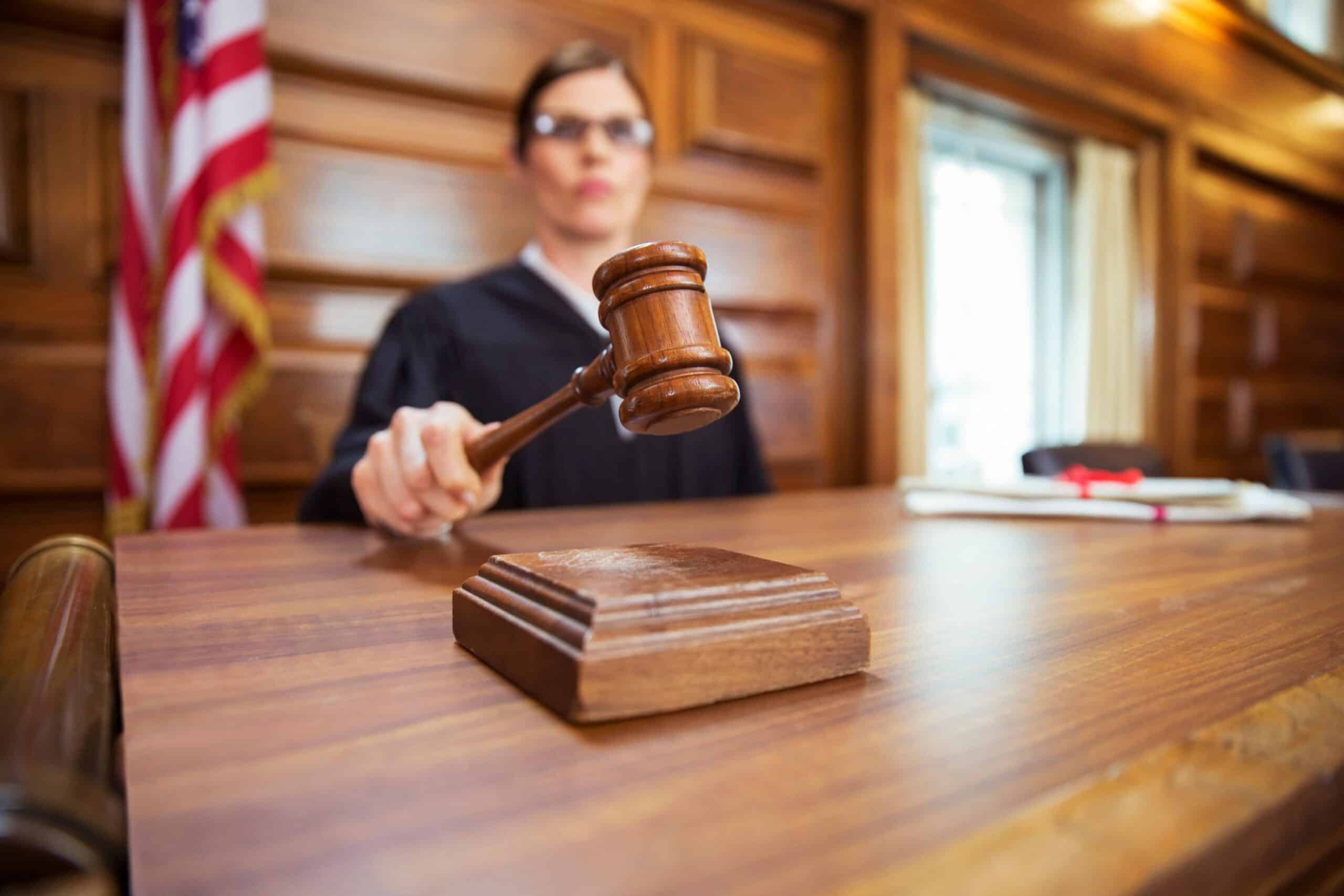The Right to Self-Defense in State and Federal Cases
When facing federal charges where self-defense is a factor, a Houston federal criminal defense attorney who understands both
Read More
Call 24/7 For A Free Consultation
In Texas, we have a bifurcated trial system. This means that in Texas, there are potentially two parts to a trial. The first part of a trial in Texas is called “The Guilt/ Innocence Phase” of the trial. If a person is found guilty, then the case moves to the second part of the trial. The second part of the trial is called the “Punishment Phase” of the trial. The Punishment phase of the trial only occurs if the defendant is found guilty in the first phase of the trial.
In Texas, during “The Guilt/Innocence Phase,” the defendant may elect to have either the Judge or the Jury determine whether the defendant is guilty or not guilty. A Judge trial is called a “Bench Trial”. Historically, defendants were allowed to choose a Bench or Judge trial without any input from the prosecution. The law eventually changed. Now in Texas, a defendant may only have a Bench or Judge trial during the guilt/innocence phase if the State agrees. In other words, the accused does not have an absolute right to a Bench trial on the issue of guilt/ innocence.
A defendant may want to have a bench trial on guilt/innocence for any number of reasons. Likewise, the prosecution may not agree to a bench trial for any number of reasons. This blog discusses why a defendant may want to have a bench trial during the guilt/ innocence phase of a trial.

Ultimately, the decision to pursue a bench trial versus a jury trial is strategic and should be made in consultation with an experienced criminal defense attorney. Factors such as the strength of the evidence, the complexity of the case, and the defendant’s prior criminal history may all play a role in this decision.
A bench trial may be better if the evidence against the defendant is strong since a judge is less likely to be swayed by emotional arguments or sympathy. However, if the evidence is weak or circumstantial, a jury trial may be better since a jury is more likely to be swayed by these arguments.
A bench trial can have its advantages and disadvantages in Texas criminal cases. While it may be faster and more simplified, it also lacks the benefits of a jury trial, such as a panel of peers and the opportunity for jury nullification. Ultimately, the decision to pursue a bench trial versus a jury trial should be made with the advice and guidance of an experienced criminal defense attorney who can help weigh the pros and cons and develop a strategy best suited for the defendant’s circumstances.

When facing federal charges where self-defense is a factor, a Houston federal criminal defense attorney who understands both state and federal law becomes essential to your defense.
Criminal Defense Lawyer Robert J. Fickman has defended the accused in State and …
The Federal Government treats Federal bribery and corruption cases with extraordinary seriousness. Any individual accused of offering, requesting, or accepting improper payments in connection with public duties or federal programs can face a very serious criminal investigation and potential criminal …
Drug-related offenses in Houston are filed in State or Federal Court. As a general rule, cases involving lengthy investigations into alleged drug conspiracies are filed in the Federal Court. Cases that involve short investigations and smaller amounts of drugs are …